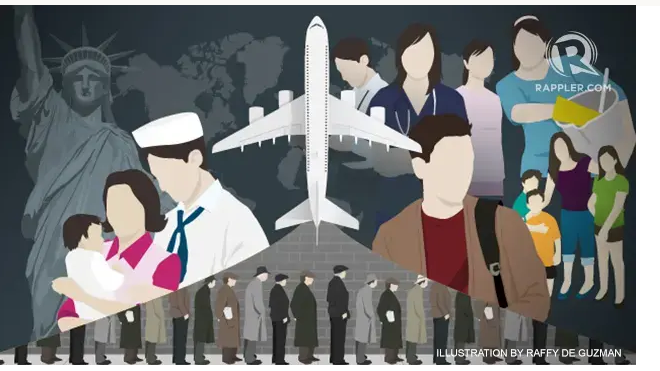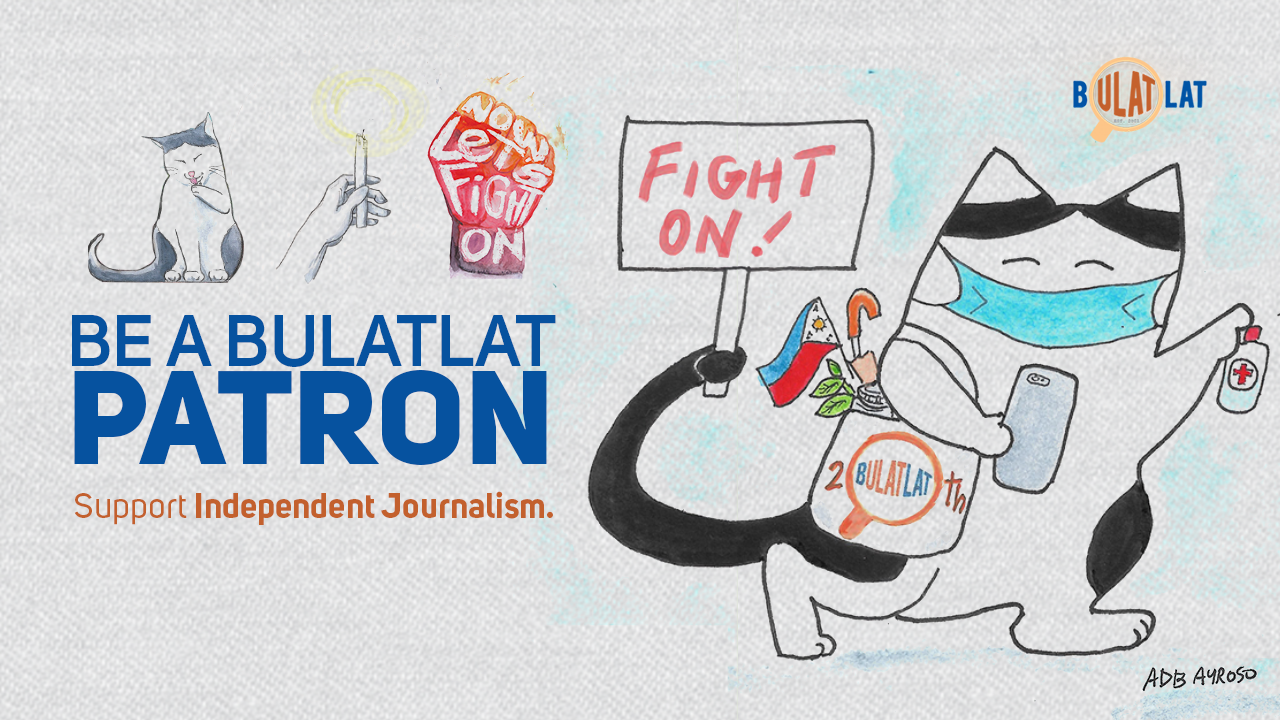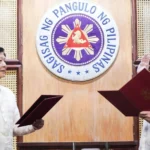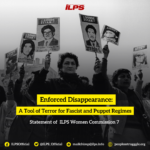
By DSS. JOY PRIM,
United Methodist Church
Ex 34:4b-6, 8-9
Dn3:52, 53, 54, 55, 56
2 Cor 13:11-13
Jn 3:16-18
In 2 Corinthians 13:11-13: Paul closes his letter to the Corinthian church with what has become a well known benediction invoking Christ’s grace, God’s love and the call to show that same love and grace to those around them.
11 Finally, brothers and sisters, rejoice! Strive for full restoration, encourage one another, be of one mind, live in peace. And the God of love and peace will be with you. 12 Greet one another with a holy kiss. 13 All God’s people here send their greetings.
The Gospel this week is another well known verse in John 3:16-18 that talks of how God so loved the world, God sent Jesus to die for our sins so that we may have eternal life. But John goes on in the following verses that are less familiar to many to say remind us that Jesus was sent to save the World not to condemn it.
These verses remind us of how God’s love for us flows freely as long as we believe but its not about just keeping that to us as individuals. If we strive for restoration and encourage others in God’s community, we have to interact with each other. Not to condemn or talk bad about others in God’s family but to lift them up and encourage them. In today’s day and age, with the digital world being so advanced,we are connected to so many others with social media apps like facebook or the internet. We can get news from countries we’ve never heard of. Stay in touch with friends and family in other countries in almost real time. For many this ability to stay connected is a blessing in all aspects of their life.
When connectedness looks difference
Serving in ministry with Filipino migrant domestic workers here in Hong Kong, I see first hand how the ability to stay connected through digital means allows them so stay in touch with their families. Forced to migrate abroad to find work to support their loved ones back home. Its the digital apps like facebook that allow them to stay in touch back home. This became even more important during these past three years as vacations back home during the pandemic were impossible.
Regular facetimes and calls to support and encourage those back in the Philippines, to help their children with homework, and to mark lives milestones together even if its virtual. Birthday parties were celebrated on line with cake in both locations. OFWs were able to see their children graduate live, watch grandchildren be baptized or even marriage is made possible with the connection online. Now, even as travel has resumed, many rely on these connections to still feel part of a family.
Yet they did not limit their connection to online. At the same time, they took time to build and strengthening friendships with friends in Hong Kong building a chosen family. Not one that was limited to Filipinos only. Instead they recongized their connectedness with other nationalities who face similar working conditions and struggles here in Hong Kong also as migrant domestic workers, and built friendships and partnerships together to address these issues.
For churches ministering to OFWs and their families, they find that sometimes the ministry is helping with these ability for digital connections. Yet at times, these and other ministries to communities in the margins such as those with urban poor communities can be be viewed as seperate from the rest of the church, its for “those” people not “us”.
Questions to think about:
What could the church learn from the OFWs when it comes to the importance of showing love and encouragement no matter how the connection is there, regardless of our differences? What might it mean if we begin to identify ourselves by our connectedness, rather than our differences? What might ministry become if we were motivated and guided by the ways we are connected to those we are trying to reach, rather than focusing on how ‘they’ are different from ‘us’?
A new way in a new normal
When we strive to build these different connection with the “others”, beyond the four walls of our church buildings. We live into the benediction from Paul. To strive for full restoration in our communities whether just across the street or around the world with our OFWs. That in encouraging those we reach, we too are changing lives for the better. Finding that those we reach outside the four walls are too part of God’s extended family.
And together we can work toward communities that are rooted in love and peace. A peace that is rooted in justice of full restoration for everyone, especially those we often overlook. ![]()
Balik-Tanaw is a group blog of Promotion of Church People’s Response. The Lectionary Gospel reflection is an invitation for meditation, contemplation, and action. As we nurture our faith by committing ourselves to journey with the people, we also wish to nourish the perspective coming from the point of view of hope and struggle of the people. It is our constant longing that even as crisis intensifies, the faithful will continue to strengthen their commitment to love God and our neighbor by being one with the people in their dreams and aspirations. The Title of the Lectionary Reflection would be Balik –Tanaw , isang PAGNINILAY . It is about looking back (balik) or revisiting the narratives and stories from the Biblical text and seeing, reading, and reflecting on these with the current context (tanaw).




